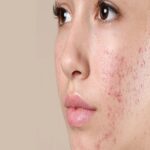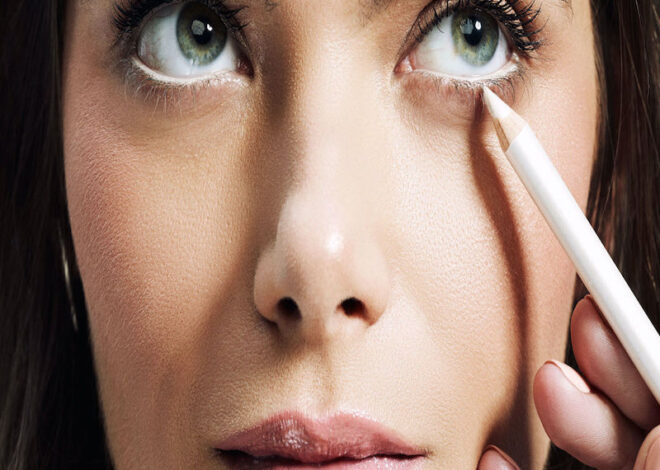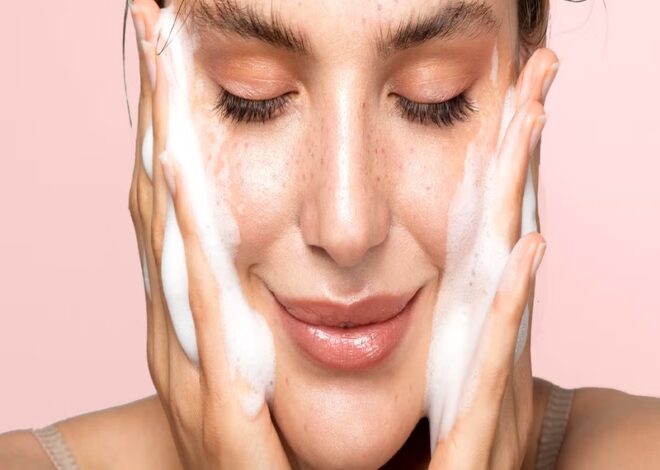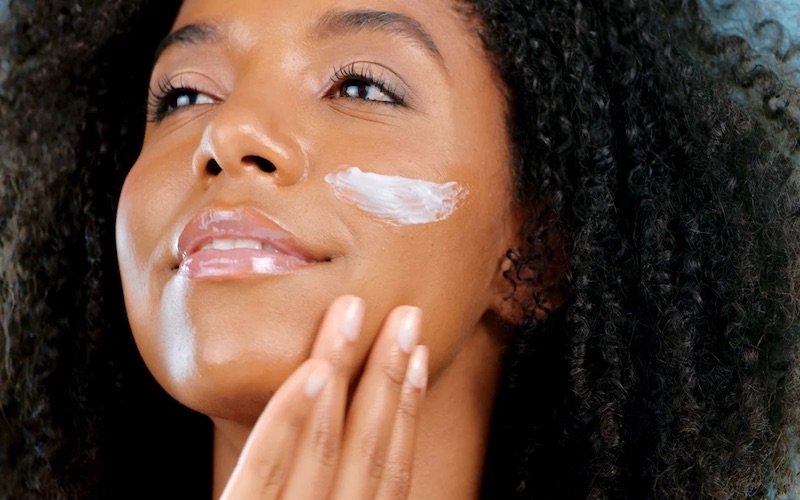
Oily skin care tips to help your skin look more beautiful
Oily skin is a common skin type, especially in young people. However, oily skin is also susceptible to many problems such as acne, large pores, oiliness, etc. Therefore, proper care of oily skin is extremely important to maintain healthy skin. and smooth.
In this article, let’s learn everything about oily skin care tips with Evaworlds. Let’s save it for our beautiful skin.
Why is your skin oily?
Oily skin occurs due to several reasons such as:
- Genetics: This factor is passed down through generations of your family members. If someone close to you has overactive sebaceous glands, you may also be at increased risk.
- Age: Skin changes over time, especially during puberty and adulthood. As you get older, hormone levels in the body decrease and collagen production slows down. At that time, the sebaceous glands work less, causing the skin to become dry and wrinkles more likely to appear.
- Hormonal changes: The menstrual cycle affects the skin. Progesterone levels increase during the luteal phase (after ovulation and before menstruation), causing the sebaceous glands to become more active.
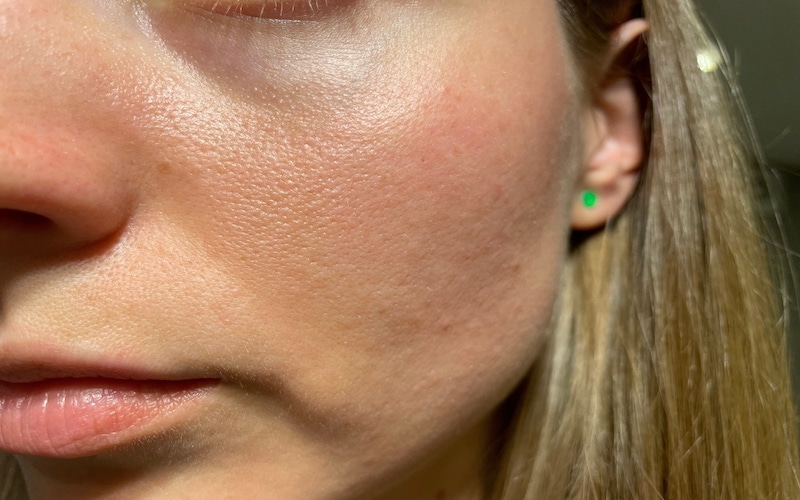
- Environmental factors: The living environment can directly affect the skin. Hot and humid weather causes the skin to produce excess oil, while cold weather tends to make the skin drier. People living in hot and humid climates often have oilier skin than people living in dry and temperate regions.
- Pore size: Many factors affect pore size, including genetics and sebaceous gland size. Pores become dilated due to acne, weight changes, and other skin problems. While it’s impossible to shrink pores, there are ways to make them appear smaller.
- Stress: Stress increases cortisol levels, which stimulates the sebaceous glands to produce more oil, leading to oily skin.
Oily skin can make you feel uncomfortable and lose confidence. However, instead of depending on oil blotting papers, you can completely control this condition by adjusting your skincare habits and lifestyle.
Oily skin care tips
Here are 8 effective tips for oily skin care:
Wash your face twice daily and after exercise
- Dermatologists recommend washing your face twice a day with a gentle cleanser.
- Wash your face after exercising to remove excess sweat and oil.
Avoid harsh facial cleansing products
- Choose a gentle cleanser that is fragrance-free, oil-free, and won’t clog pores.
- Avoid products for oily skin that make the skin dry and tight, stimulating the sebaceous glands to become more active.
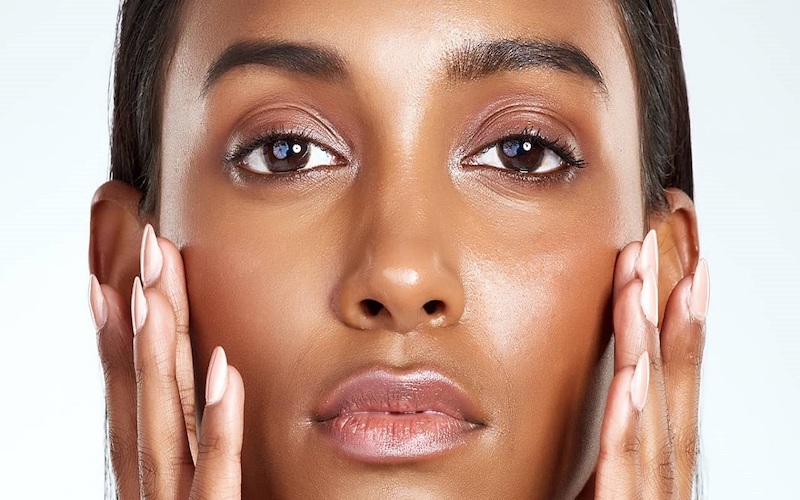
Don’t rub too hard
- Vigorous rubbing can cause skin irritation and produce more oil.
- You should wash your face gently with clean hands, avoid using facial towels, massage tools, or granular exfoliants.
Use a gentle toner
- Toner helps balance the pH level of the skin and tighten pores.
- Choose a gentle, alcohol-free toner to avoid irritation.
- Always test a new product on the inside of your arm before applying it to your face.
Moisturizes and protects skin from sunlight
- Even oily skin needs moisturizing to maintain the skin’s protective barrier.
- When the skin is moist enough, the sebaceous glands will function more regulated.
- Use a sunscreen that contains zinc oxide and titanium dioxide and is fragrance and oil-free.
- Choose a moisturizer with oil control and sun protection properties (in the form of a primer) to save time on skin care.
- Always test new products before using them to avoid irritation.
Drink enough water
Drinking enough water helps the body eliminate toxins and balance skin moisture, limiting oil secretion.
Choose suitable skin care products
- Choose cosmetics and skin care products that are oil-free and do not clog pores.
- Avoid products containing alcohol which can cause skin irritation.
- Skincare oils and double cleansing methods may not be suitable for oily skin.
- It is best to consult a dermatologist to choose the right product for your skin condition.
Avoid touching your face
- Touching your face can accidentally introduce bacteria and dirt to your skin, making oiliness worse.
- Wash your hands thoroughly before performing a skincare routine.
By following these simple yet effective skincare routines, you can control oily skin and achieve healthy, smooth skin.
Should you go to a dermatologist to treat oily skin?
Acne, irritation, or concerns about your appearance due to oily skin may make you wonder about seeing a dermatologist.
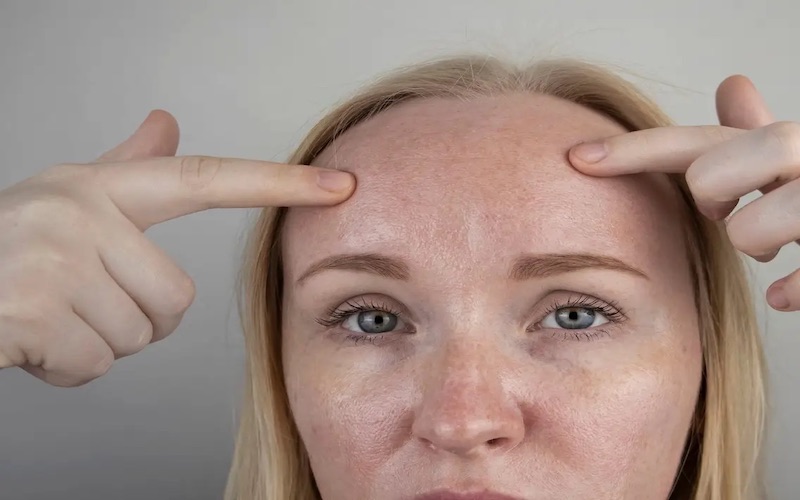
According to Dr. Hodes, this decision depends entirely on you. Naturally oily skin is not a serious health problem.
“This is a personal matter,” Dr. Hodes said. “If your oily skin condition is bothering you and regular skin care products aren’t working, you should seek medical help.”
A dermatologist can prescribe medication to help control the amount of sebum produced. They can also help you determine the most suitable skin care products.
However, it’s important to note that any changes in your skincare routine take time to be effective. If you don’t see improvement after a month or two, consider seeing a dermatologist for in-depth advice and treatment.
Conclusion
Oily skin is a common skin type but needs proper care to avoid acne, clogged pores, and shiny skin. Using the right products, controlling oil and moisturizing is extremely important. Also, remember to protect your skin from sun damage, maintain a healthy diet and get enough sleep to have healthy and radiant skin. Save Evaworlds‘ oily skin care tips to use when needed.








